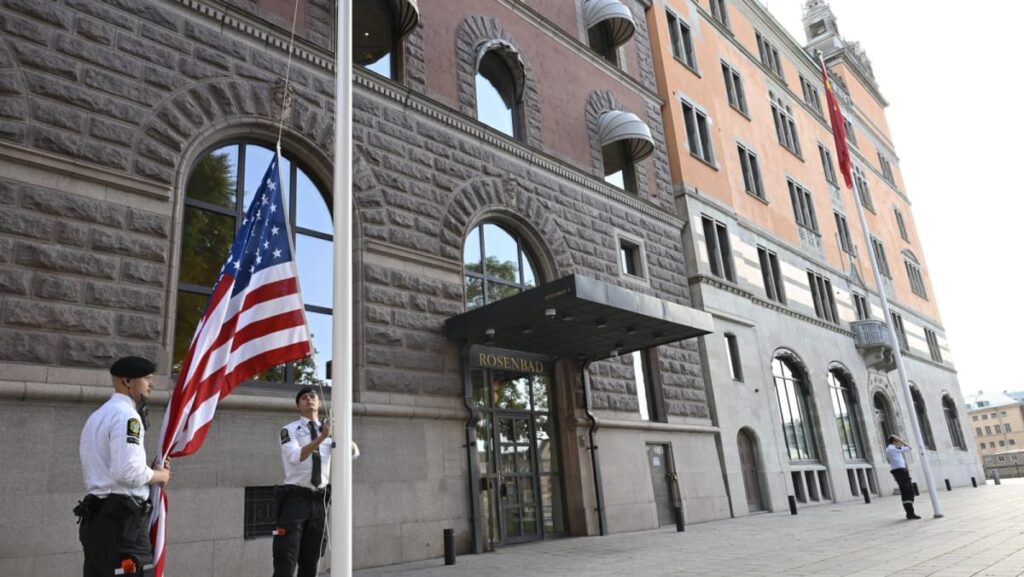COMPLEX TALKS
Meanwhile, in Washington, US senators from both major parties plan to introduce bills this week targeting China over its treatment of minority groups, dissidents, and Taiwan, emphasising security and human rights, which could complicate the talks in Stockholm.
Taiwan President Lai Ching-te is also set to delay an August trip his team had floated to the Trump administration that would have included stops in the United States, sources familiar with the matter told Reuters on Monday.
The potential visit would have infuriated Beijing, possibly derailing the trade talks. China claims Taiwan as its own territory, a position Taiwan rejects, and denounces any show of support for Taipei from Washington.
Previous US-China trade talks in Geneva and London in May and June focused on bringing US and Chinese retaliatory tariffs down from triple-digit levels and restoring the flow of rare earth minerals halted by China and Nvidia’s H20 AI chips, and other goods halted by the United States.
Among broader economic issues, Washington complains that China’s state-led, export-driven model is flooding world markets with cheap goods, while Beijing says US national security export controls on tech goods seek to stunt Chinese growth.
Bessent has already flagged a deadline extension and has said he wants China to rebalance its economy away from exports to more domestic consumption – a decades-long goal for US policymakers.
Analysts say the US-China negotiations are far more complex than those with other Asian countries and will require more time. China’s grip on the global market for rare earth minerals and magnets, used in everything from military hardware to car windshield wiper motors, has proved to be an effective leverage point on US industries.
Read the full article here
